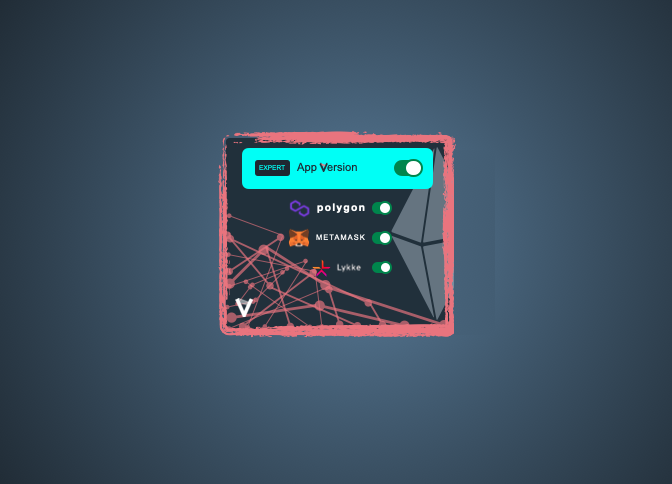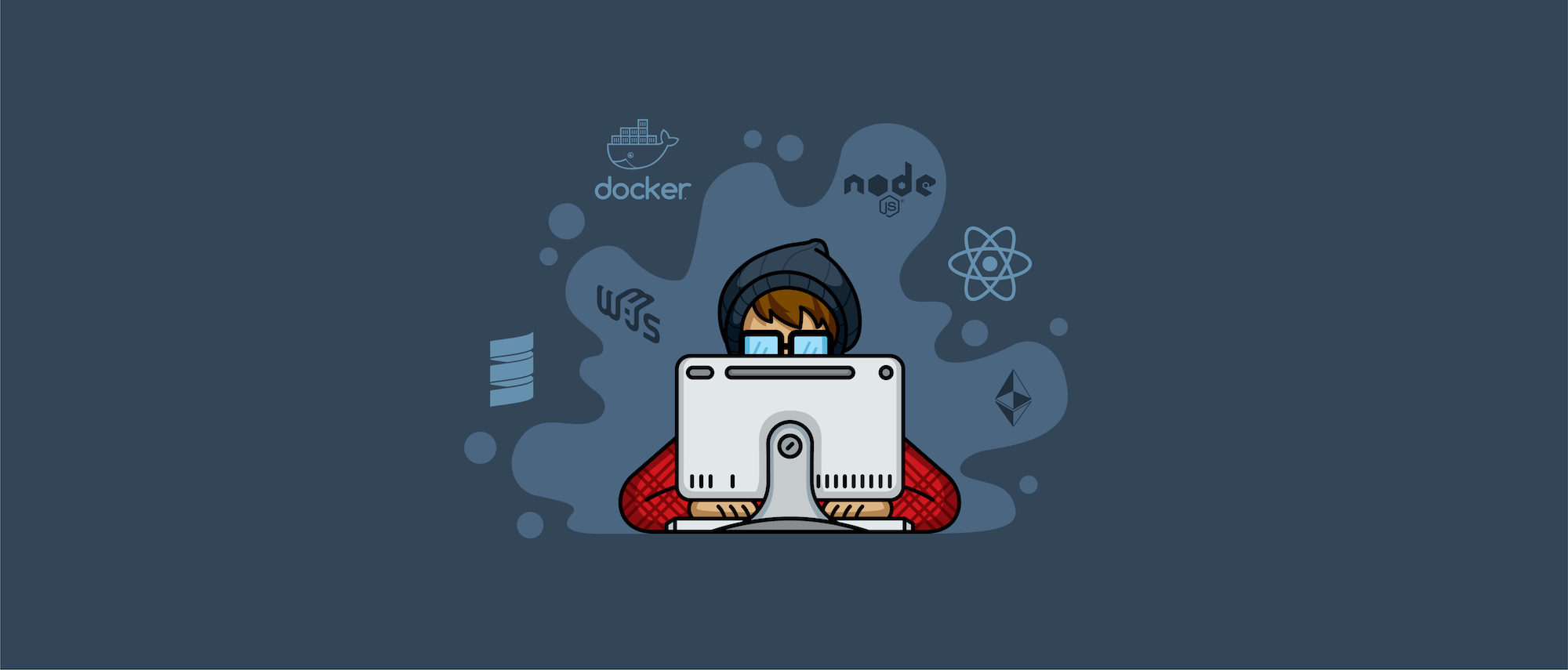(the interview was translated from Czech)
How did it happen that you left SpaceX to return to the Czech Republic and become an adviser for a European crypto startup?
I left SpaceX three years ago when I lived in the United States, as a friend of mine persuaded me to join a newly established company. I had never worked for a tech startup from the very beginning, so I didn’t think twice to accept the offer. I enjoyed working in the company until the moment when the company matured, and I had to deal with management issues and filling out heaps of reports, which is something I never liked. As spring was approaching and I have sort of had enough of the US, I decided to take a break for several months in Europe, which is an exceptionally beautiful place in that season. Back in the Czech Republic, I hardly had time to settle in properly when Martin Pejša, the founder of CreativeDock asked me to meet to collaborate with him on two new projects, one of which was VETRI.
It sounds as if completely changing your living environment is as easy for you as going on a two-week holiday in Croatia. How is this possible?
My philosophy of life is minimalism. I do my best to limit the scope of my belongings to what fits into my car. When I returned to Europe, I had to think hard to work out what was important for me and what I could leave. One of the results was that I gave half of my beloved books away to a local library in the San Francisco Bay Area.
Looking back, didn’t the decision to return to Europe hamper your career development?
I wasn’t making a career-building decision. As a matter of fact, my career is something that I’ve never really cared for. In similar situations, I always try to listen to my intuition rather than rationality. That’s obviously easier said than done.
Following this approach, how did you end up at CreativeDock and VETRI?
I listened to my heart. The team here really impressed me. They were sparkling with enthusiasm and positive energy. What was important for me was not the money or career promotion, but the people. If it wasn’t for them, I probably wouldn’t be here.
You’ve had a hands-on experience with the startup scene both in the United States and here in Europe. What is the difference?
I don’t want to generalize. In the US, management is more linear. What matters is the perfect knowledge of your field of expertise. When you have that, you enjoy a broad autonomy and can basically do whatever you want, which fosters creativity (and, of course, means much bigger responsibility for what you do). In Europe, there is perhaps a stronger tendency to set up hierarchies, delegating only partial tasks to individuals. People then tend to wait for someone to tell them what they should do. At VETRI and another project I am working on for CreativeDock, we are trying to find a way somewhere between the two worlds.
In what aspects is SpaceX so unique?
Deadlines. On the one hand, Elon Musk used to set unrealistic deadlines, but on the other, no one bothered about not meeting them exactly. Those deadlines were rather an internal motivator to achieve the ideal outcome – to meet the deadline, or at least to come close to meeting it. Surprisingly, this did not demotivate people – on the contrary, everyone did his or her best. The purpose of the deadlines was particularly to enable one thing to follow another. However, in practice the deadlines were very flexible. When something fell through for objective reasons, no one made a fuss about that. Communication was extremely important – to tell the related teams about what will be delivered late and why. This may seem unbelievable, but the truth is that, in hindsight, this seems to me to be the best possible approach. Rigid deadlines set well in advance simply don’t work. Perhaps in traditional corporations they do, but often at the expense of quality.
What do you find appealing about VETRI? I suppose you had the chance to choose from several projects.
What appealed to me was the potential for global impact. VETRI is a large project with possibly a massive impact. That said, it may take some time, like four or five years, or maybe longer. This project is the opposite of the other project I am working on. VETRI is the embodiment of a grand idea, while the other project solves a “concrete smaller” problem with immediate results.
What is the key thing about VETRI for you?
I particularly like the fact that it reminds people that personal data is extremely valuable. In the past, the most valuable thing one could possess was land. Those who had land had money and power. Later, land was replaced by money – money meant influence. In today’s information society, money has to a significant extent been replaced by information. Those who have the most information have the largest influence and therefore the most money. The scheme is of course a bit simplified, but it applies in principle. This is also nicely demonstrated by companies such as Google and Facebook, whose market domination is based on the amount of information they hold about their users. What I like about VETRI is that it makes this reality much more explicit, balancing the relationship between these large corporations and individuals. What VETRI basically says is that your personal data belongs to you and you have the right control it and make profit from using it. The relationship between you and the tech-giants does not need to by asymmetric.
How do you protect your own personal data?
Personally, I am a big fan of initiatives such as GDPR. I do not dare to claim that these regulations are drafted in the best possible way, but I think the very fact that politicians care about and deal with such issues is good. The European Union is more advanced in this aspect than the United States, where the legal environment still favours corporations. VETRI gives control over personal data back to the individuals, enabling them to decide how to use their data. Yes, theoretically no one is forced to use the services of large online giants or to shop at Amazon, but in practice our choice is rather limited, and the relationship is not balanced. As soon as you decide to use these services and give your data to a big corporation, you virtually immediately lose control over the data. VETRI restores full control over user data, which is what excites me most about it.




